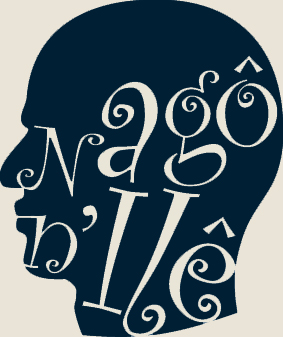
NAGÔ N’ILÊ – PROJECT
Nagô identity is rooted in principals that are different from those that permeate euro-centric dominated society. Afro-Brazilian’s culture is manifested in music, dance and arts expression.
Anthropologists and researchers in Brazil and in other Africa diasporas identify Nagô culture as being centered on high self-esteem of Afro-Brazilians. This in turn contributes and redefines positions in society at large.
The name Nagô n’Ilê reflects the civilizatory values that the Ancestors (the Yorubas) recreated in Afro-Brazilian cultural manifestations. Candomblé temples have a growing need and desire to display their culture in modern and international forms via the arts, particularly through music.
Genaldo Novaes became aware of Holger Wittkowski’s musical work and envisioned the possibility of joining the music of Afro-Brazilian Candomblé to modern harmony. The participation of Peu (singer), Ana Rita and Kátia (back vocals), Genaldo Novaes (composer) and Sidney Argolo (percussion) all of which are individuals of high standing in Candomblé temples (Ilê Asipá, Ilê Apo Afonjá, etc), are the strengths of Nagô n’Ilê and constitute its profile.
In 1983, upon arriving in Brazil, Holger Wittkowski (contra-bassist and arranger), searching for African roots as also present in Jazz Music, he met Tonynho dos Santos (trumpet); both members of Bahia’s Symphony Orchestra. Since then Auto-Reverse Band was established to research and promote with Jazz elements in Afro-Brazilian music.
Sergio Rocha (guitar) was searching for jazz experience and joined the band. In 1993 Auto-Reverse Band changed its name to Òsibàtà and began to perform in Germany. In 2010, Holger Wittkowski, Tonynho Dos Santos and Sergio Rocha came back together to realize with Genaldo Novaes the Nagô n’Ilê Project. This allowed them to join and mesh international cultures and experiences that are highlighted in the group’s performances and songs.
The professional quality of musicians as Vanessa Paixão, Mikael Mutti, Vetto Silva, Jair Rocha, Ivanzinho and Jorge Matos led to a result that highly satisfied all of the participants in Nagô n’Ilê.

